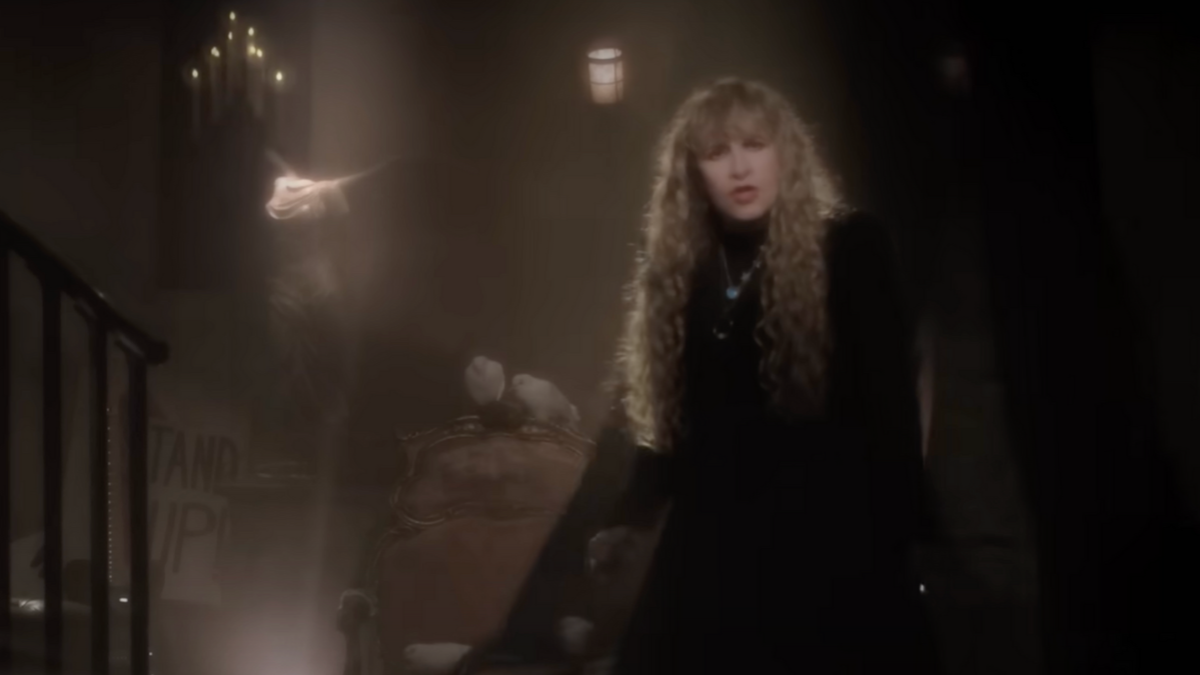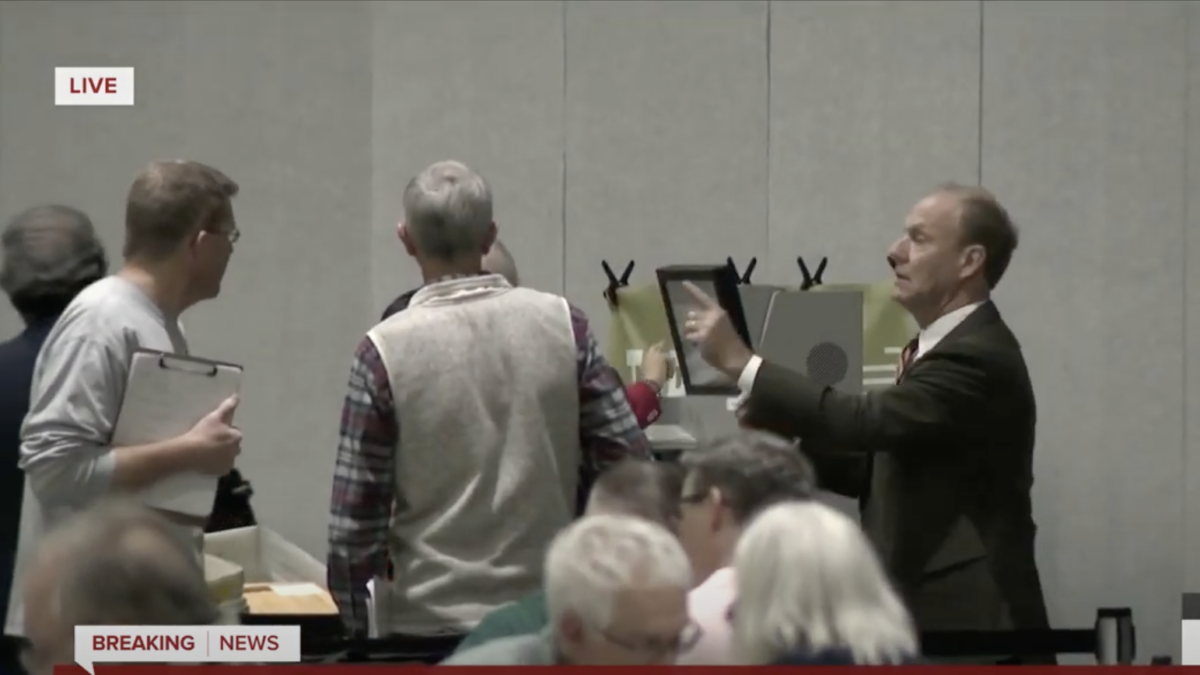Ariana Grande released her seventh studio album, “Eternal Sunshine,” last week, chronicling her recent divorce and the beginnings of a contentious relationship.
Despite the heavy topics, the lyrics lack depth, the music even further detaches the subject matter from its gravity, and the drama surrounding the album’s release remains the most interesting thing about it.
Ariana Grande and her husband, Dalton Gomez, filed for divorce in September 2023, but according to a Billboard timeline, they had been “separated” since January of that year. During that summer, People magazine reported Grande was dating Ethan Slater, a film and Broadway actor, whom she met on the set of the new “Wicked” movie.
That same year, although the exact timeline is unclear, Slater reportedly separated from his wife, Lilly Jay, whom he was with for over 10 years. She had recently given birth to their first son. In an interview with Page Six, Jay criticized the pop star, claiming she was blindsided by the split.
“[She’s] not a girl’s girl,” Jay said of Grande. “My family is just collateral damage.”
Both Slater and Grande deny cheating on their spouses, but the internet largely took Jay’s side. Many self-proclaimed “Arianators” took to social media to express disappointment while others said they didn’t care and were hopeful the drama would drive down tour prices.
But Grande responded by releasing as a single the ninth track of her “Eternal Sunshine” album, “Yes, And?” — the premise of which is Do whatever you want, and when people question you, just stand by what you’ve done. Here’s one lyrical example:
And I’m so done with caring
What you think, no, I won’t hide
Underneath your own projection
Or change my most authentic life.
But here’s where we can deduce that the song is, in fact, in response to the Ethan Slater situation:
Your business is yours and mine is mine
Why do you care so much whose [d-ck] I ride? Why?
While the full circumstances surrounding the divorce are a mystery, Lilly Jay “cares” because she believes it ruined her family. Their baby will forever “care” because his father left his mom and started dating a pop star. Everyone who built a life around Slater — as a husband, father, other family member, or close friend — now has to readjust and live with the aftermath of a broken family.
Meanwhile, the rest of the internet “cares” to varying degrees because society is composed of relationships. The common belief that every person is entitled to his or her truth — existing in his or her unique, isolated universe — leads to lonely, hurt people on all sides. Branding this selfish mentality as an empowering pursuit of an “authentic life,” free from outside “projections,” is wrong, morally and ideologically.
This is yet another example of mainstream music promoting a shallow, vapid kind of “love” that does not encompass real love’s key characteristics. C.S. Lewis described “Christian love” as the work of the will.
“Love in the Christian sense, does not mean an emotion,” Lewis said. “It is a state not of feelings but of the will; that state of the will which we have naturally about ourselves, and must learn to have about other people.”
If mass media and celebrity culture continue to promote a view of love that changes and blindsides, that breaks apart a community rather than mending and forming it, that asks “What’s best for me?” rather than “What’s best for us?” we will lose the spark that makes love truly powerful: duty and commitment.
The inspiration for Grande’s album title is the 2004 movie “Eternal Sunshine of the Spotless Mind,” which got its name from a poem by Alexander Pope about famously starcrossed lovers Abelard and Eloisa. The movie follows a couple who decide to erase selective parts of their memories — memories of each other — because they believe it will hurt less to completely forget than to have to sift through the broken pieces of their failed relationship. Spoiler alert: They learn it’s actually scarier to forget than to remember.
Ironically, the lead-up to, the responses to, and the songs of Grande’s new album all point to her selective memory loss, allowing her to completely victimize herself while allegedly taking part in the destruction of others. I won’t nitpick the rest of the titles and lyrics from the album — mostly because I don’t know what is genuine and what is Grande playing the roles people expect of her (entitled, careless, diva, etc.). Luckily, it doesn’t matter. The album is 13 tracks, 35 minutes long, and I can’t remember a single line of lyrics on its own merit.
For people who listened and did feel the weight of a heavy divorce and a scrutinized, budding relationship in her songs: Have you ever heard a poem? Read a book? Listened to the lyrics of a timeless breakup song? Some art showcases vulnerability, depth, and hurt. This is not it.
For the people who like this album because it’s “fun” or catchy, I get that. But at the end of the day, “Eternal Sunshine” raises serious themes only to dismiss them with a shallow and immature retort that’s hard to ignore even when presented as feel-good pop music. Love is not just an internal feeling. It’s an external and sacrificial bond, weaving people into intricate, sensitive webs that form the basis of our lives. Unless we understand it this way, we’ll end up living in the eternal darkness of our thoughtless minds.
You can listen to the album, but there isn’t much to remember or forget in the first place.









